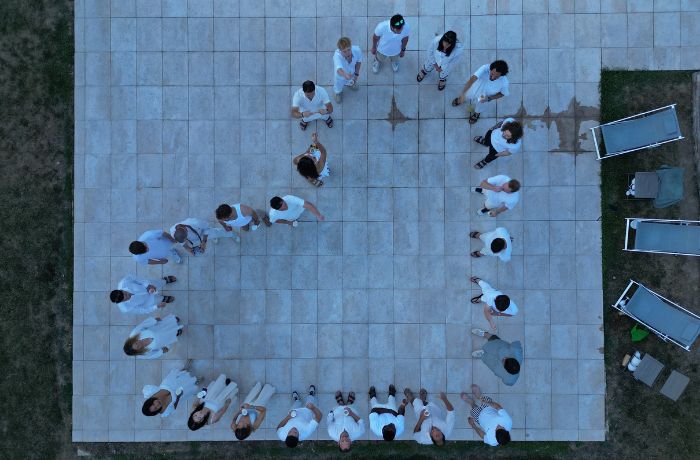For too long, brands have confused loyalty with retention.
They have multiplied points loyalty programs, hoping to retain their customers with standardized rewards. The result: rigid customer journeys, hollow relationships, and loyalty reduced to a mere promotional reflex.
Today, a new vision is emerging: loyalty is not just about retention, but about engagement.
It's about offering each customer a relationship and a journey that makes sense to them, and therefore adds value to the brand.
From Retention to Engagement
For years, brands have confused loyalty with retention.
They strive to retain their customers with points, discounts, and cloned loyalty programs.
The problem is that these approaches no longer engage consumers. They wear them out, trivialize relationships, and reduce loyalty to a simple repetition of purchases.
Today, a shift is taking place: you don't build a relationship by retaining someone.
You build it by making them want to stay, by recognizing that each customer has their own relationship with the brand, their own motivations, and their own pace.
Post-Purchase can no longer be a tunnel
Forget about rigid tunnels. One-way mechanics. “Rewards” that aren't really rewards.
Instead, let's change the game: let's think of the post-purchase experience as a real playground for relationships.
Brands are no longer content with saying “Thank you for your purchase.” They create tailor-made journeys, activate challenges, encourage sharing, value contributions, and create connections. And these connections become drivers of re-engagement (and ultimately repeat purchases).
Post-purchase becomes a lively, structured but open playground where each customer can progress at their own pace, according to their own level of engagement.
1 000 journeys for 1 000 customers
No more standard journeys sent out in bulk.
Successful brands know that a customer discovering the brand for the first time does not have the same expectations as a brand ambassador.
They organize themselves to offer 1,000 journeys for 1,000 customers. Personalized experiences, activable engagement mechanisms, meaningful rewards... not generic replicas.
They identify weak signals, adapt mechanisms, measure the evolution of the relationship... and build lasting loyalty, because it is chosen, not imposed.
Because these brands have understood one essential thing: you can't force loyalty. You can only create the conditions for it to emerge.
A culture to adopt. Not a feature to add.
This ability to orchestrate personalized experiences is not simply a matter of technology. It reflects a profound cultural shift.
Brands no longer ask themselves, “What can we give to keep them?” but “How can we make customers want to stay?”
They are moving from a defensive retention mindset to a dynamic of chosen engagement.
This transition is demanding: it requires reviewing KPIs, moving away from blind automation, and thinking of loyalty as a relational journey. But it is already underway.
Brands such as Venum, Beauté Privée, Emily's Pillow, We Are Jolies and La Belle Boucle are experimenting with this on a daily basis with Loyoly.
And in concrete terms, it changes everything.
Pssst... You might find this interesting!
Post-purchase engagement programs are strategic for your brand, and we can probably help. Check out our platform!
A customer who is very active on social media with an engaged community will not receive the same requests as a more discreet customer. The former may be asked to create content, while the latter, who is more reserved in their engagement, may simply be asked to leave a review or respond to a targeted survey.
A customer based in Bordeaux may be invited to evaluate their experience in a local store, while a customer in Lyon may help promote the brand in their own area.
And a customer identified as an early adopter will be involved in product testing, feedback loops, and even co-construction stages.
Same platform, same engagement logic.
But different activations. Because customers are different too.
Loyoly enables every brand to activate this relational finesse on a large scale.
Because ultimately, engagement cannot be decreed. It is built.

.png)









.png)
.png)
.png)
.png)
.png)